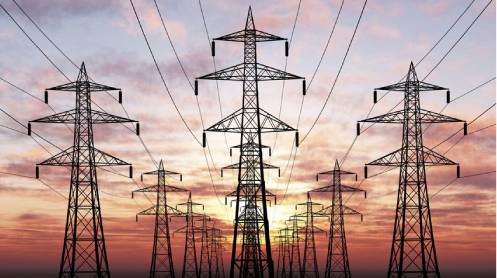ISLAMABAD: Pakistan’s electricity consumers are being forced to pay nearly Rs215 million due to regulatory lapses and weak contract enforcement in the power sector. While factors such as the capacity trap, currency depreciation, and exchange-rate volatility are often blamed for high electricity tariffs, deeper systemic issues — including inadequate regulatory oversight — continue to burden consumers with costs resulting from private sector defaults.
The latest case involves a Punjab-based coal power plant where a long-term coal supplier defaulted on its delivery commitments in December last year. The supplier, who had secured a contract offering a discount of $2.51 per tonne on API-4 specification coal, cited “force majeure,” blaming congestion at South Africa’s Richards Bay Coal Terminal and the India-Pakistan tensions in May. However, other suppliers fulfilled their obligations during the same period, casting serious doubt on these claims.
As a result of the supplier’s default, the power plant had to procure coal from the next-ranked bidder at a higher price, incurring an extra cost of $1.86 per tonne, or roughly Rs197 million. Instead of holding the defaulting supplier accountable, Nepra in its Fuel Cost Adjustment (FCA) decision of June 26, 2025, approved passing this entire financial burden onto consumers through tariff increases.
The Coal Supply Agreement clearly requires that the defaulting party bear such additional costs and forfeit its performance guarantee, but neither CPPA-G nor Nepra enforced these clauses. Despite defaulting, the same company was allowed to continue supplying coal and even won a spot tender on June 11, 2025, at a reduced discount of $1.58 per tonne, resulting in another Rs16 million loss for consumers.
This episode underscores the lack of accountability and a weak regulatory framework in Pakistan’s coal procurement system. A previous Nepra fact-finding report had already highlighted anomalies, limited competition, and the absence of a proper oversight mechanism. It recommended the creation of an independent coal regulator to safeguard public interests — a proposal still pending implementation even after eight months.
Experts warn that unless these structural flaws are addressed, consumers will continue paying for the failures of both regulators and private contractors.
Story by Khaleeq Kiani







